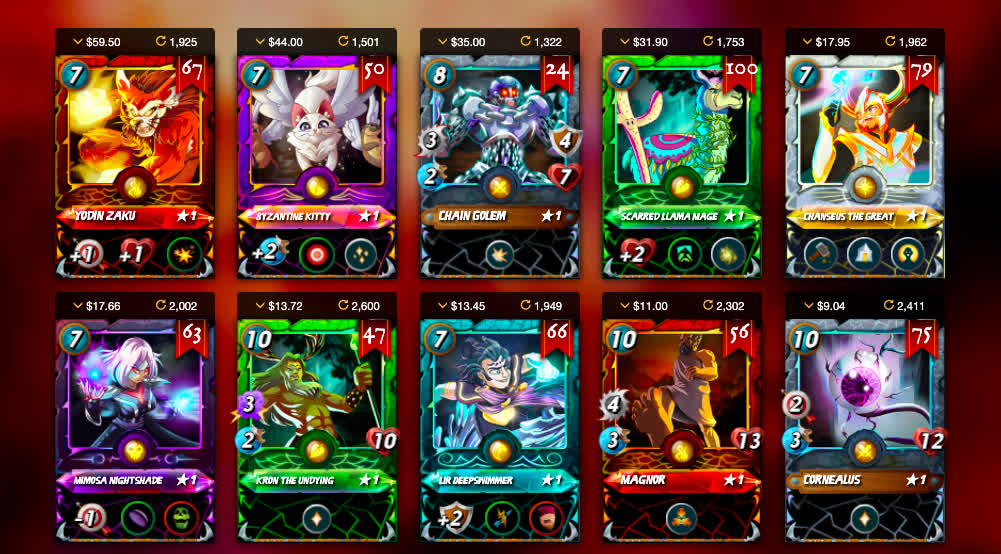In context: Following recent announcements by several large gaming companies of their intent to embrace NFT/blockchain games, Microsoft's Executive Vice-President of Gaming, Phil Spencer, has weighed in on the debate. Thankfully for most gamers, he's not a fan.
Play-to-earn blockchain games are becoming increasingly popular. For those unfamiliar, they incorporate non-fungible tokens (NFTs) as in-game tradeable items that players can earn as achievements. These NFTs can then become more valuable before being sold to other players, and are often useable across multiple titles. Many of these games require an up-front payment in crypto to play.
EA CEO Andrew Wilson recently said play-to-earn games would play a meaningful part in the company's future, and Ubisoft has been investing in these titles since 2018, but Xbox's Spencer has a more cautious view.
"What I'd say today on NFT, all up, is I think there's a lot of speculation and experimentation that's happening, and that some of the creative that I see today feels more exploitive than about entertainment," he told Axios.
Splinterlands, a popular play-to-earn game
Spencer went on to say he doesn't consider every NFT game to be exploitative but understands people are wary and why there is so much controversy surrounding the area.
"I think anything that we looked at in our storefront that we said is exploitive would be something that we would, you know, take action on," he added. "We don't want that kind of content."
In October, blockchain games experienced a setback when Valve booted them all off Steam because NFTs have value, though Epic stepped in and confirmed it welcomes these titles.
In addition to the environmental impact---the average NFT has a carbon footprint equivalent to more than a month of electricity usage for the average person living in the European Union---there is an inherent risk associated with NFTs. The creator of the Evolved Apes set of NFTs disappeared last month along with a website, a Twitter account, and millions of dollars in cryptocurrency. Elsewhere, a Squid Game-inspired blockchain game that turned out to be a scam netted its creators $2 million.

